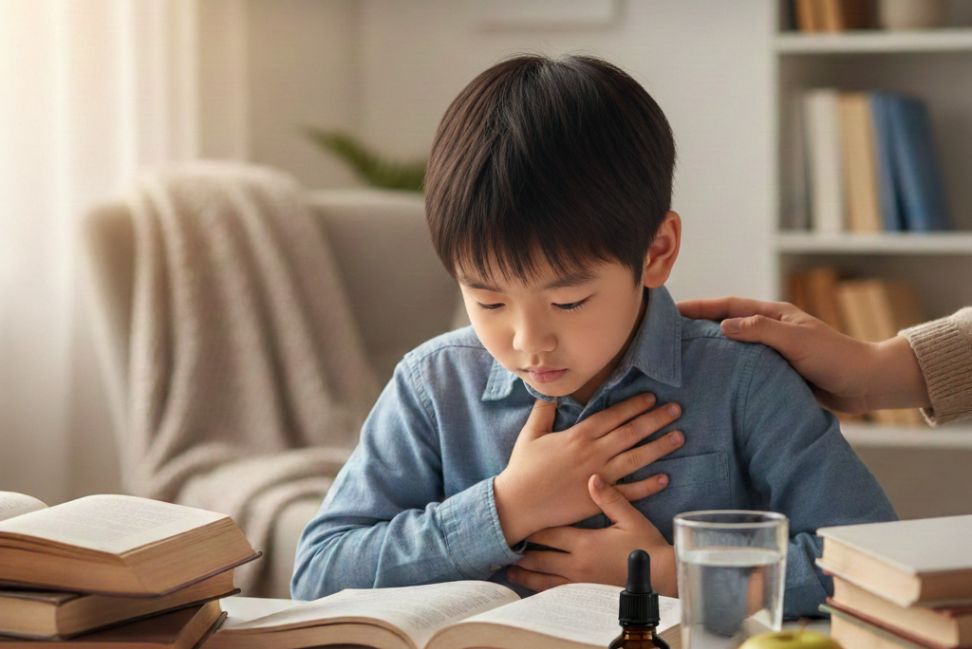Diarrhoea is a cause for confusion and concern to many parents. It is important to understand that diarrhoea in babies is a little different from that in younger children and adults. Normally, a person is said to be experiencing diarrhoea when there is a passage of loose, watery stools at least more than 3 times a day. However for babies, especially newborns, there is a tendency to have very frequent bowel movements, up to five times a day. Generally, babies who are breast-fed will pass stools more often than the babies on formula milk.
The trick is to note the appearance of the stools. In diarrhoea, your baby’s stools will be watery, smelly and will contain mucus. This may be accompanied with a fever and your baby may also lose some weight.
The causes of diarrhoea in babies are varied. Your baby could simply be allergic to something in the diet. The most common is milk allergy. If you suspect that your baby could be allergic to formula milk, try opting for a lactose-free alternative. Also ensure that the formula milk is prepared in a clean environment as babies are particularly sensitive to germs. Other causes include the use of antibiotics – either given to the baby or taken by the mother who is breast-feeding. Generally, babies who are breast-fed are less likely to have diarrhoea as some components in mother’s milk keep the digestive tract in optimum state.
In diarrhoea, the most important thing is to ensure that your baby continues receiving enough fluids. Do not stop breast-feeding or giving formula milk if it suits your baby.
If the diarrhoea lasts more than a few days or if your baby develops symptoms such as dry lips or decreased urine, consult your doctor immediately.
The anti-diarrhoeal medication for adults cannot be given to babies as it comes with side-effects.
Homeopathy presents several remedies that are specific for diarrhoea in babies. Once again, it is best to see a qualified homeopath who can match your baby’s symptoms with that of the remedy.





